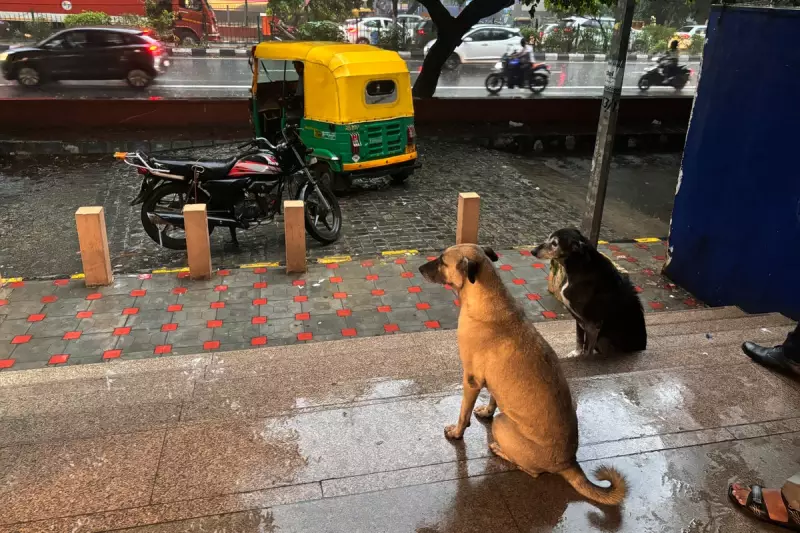
India's Supreme Court has ruled in favour of a grieving family after their infant child tragically died from rabies following multiple hospital refusals for treatment. The landmark decision orders compensation and shines a harsh light on systemic failures in emergency medical care.
A Preventable Tragedy
The heartbreaking case involved a 12-day-old infant who was bitten by a stray dog in New Delhi. Despite the clear risk of rabies infection, the family was turned away from several hospitals, including prominent government facilities.
Judicial Intervention
The Supreme Court bench, led by Justice BR Gavai, declared the incident "a clear case of medical negligence" and directed authorities to pay ₹10 lakh (approximately £9,500) in compensation. The ruling stated: "When a patient in critical condition approaches a hospital, it is the duty of the hospital to provide immediate treatment."
Systemic Healthcare Failures
The judgment highlighted several concerning issues:
- Lack of rabies immunoglobulin availability in government hospitals
- Failure to follow established protocols for animal bite cases
- Insufficient emergency care infrastructure
- Poor coordination between healthcare facilities
Rabies has an almost 100% fatality rate once symptoms appear, making immediate post-exposure treatment crucial. India accounts for about 36% of global rabies deaths, with approximately 20,000 fatalities annually.
Broader Implications
The Supreme Court has ordered the Delhi government to submit an action plan within six weeks to prevent similar tragedies. This includes:
- Ensuring availability of rabies treatment at all major hospitals
- Implementing better staff training protocols
- Establishing clear referral mechanisms between facilities
- Creating public awareness campaigns about rabies prevention
This case serves as a stark reminder of the urgent need for healthcare reforms in India's public medical system, particularly regarding emergency care accessibility and protocol adherence.





